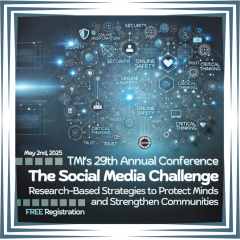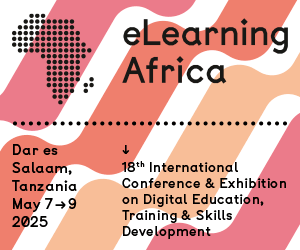Opening Education: Inclusive - Innovative - Excellent
Brussels (BE), July 2010 - The European Foundation for Quality in eLearning (EFQUEL) is holding its fourth Innovation Forum in Lisbon, Portugal, from 08-10 September. The venue, the Palace of the former Marquises of Pombal, in Oeiras, Lisbon, is surrounded by beautiful gardens. The event is being convened in collaboration with the Catholic University of Portugal and the Portuguese National Institute for Public Administration.
This year's edition of the annual assembly of eLearning and education professionals will debate how opening education can contribute to social inclusion agendas and promote economic welfare by better equipping the people of Europe with necessary skills.
Open educational resources (OER) are high in the ranking of social and inclusion policies and are supported by many stakeholders in the educational sphere. User-generated content is more relevant than ever, and co-production and peer-production are increasingly at the heart of content development. At the same time, assessment and quality assurance processes are put to the test because venerable expert-driven and teacher-led approaches to assessing quality seem to be losing effect in comparison to user-created content and freely available resources.
Opening education promotes social inclusion agendas and supports economic programs by raising participation and supporting the development of new skills. It leads away from traditional business models and frees energy for innovation. During the EFQUEL forum, the delegates will produce recommendations in interactive workshop discussions on the following topics:
- Open Educational Practices
- User-Generated Content
- Self-Evaluation and Learning Organization
- Equal Access to Higher Education
- Research in eLearning
Four ambassador teams will challenge the participants to relate their debates to four important topics connected with inclusion innovation and excellence: (1) enabling participation, (2) improving employability, (3) strengthening intercultural dialogue and understanding, and (4) developing skills to shape the future. Delegates are encouraged to present their own projects and initiatives in this field in the form of a short case study, a poster, or an interactive discussion.
Each workshop will follow the same rhythm in order to weave the topics together by following the central question: -œHow can we reach social inclusion, innovation and excellence?- During the second day, this question will be discussed in newly assembled groups and finally reflected in a roundtable discussion, representing the policy, academic, and corporate sectors. EFQUEL will integrate the important recommendations from delegates into the shaping of its work agenda to contribute to a Europe of inclusion, innovation, and excellence through education.
The EFQUEL Innovation Forum is an opportunity for action-oriented participation, sharing ideas, building and enlarging networks, and exchanging visions. The atmosphere is open and dialogue oriented.










